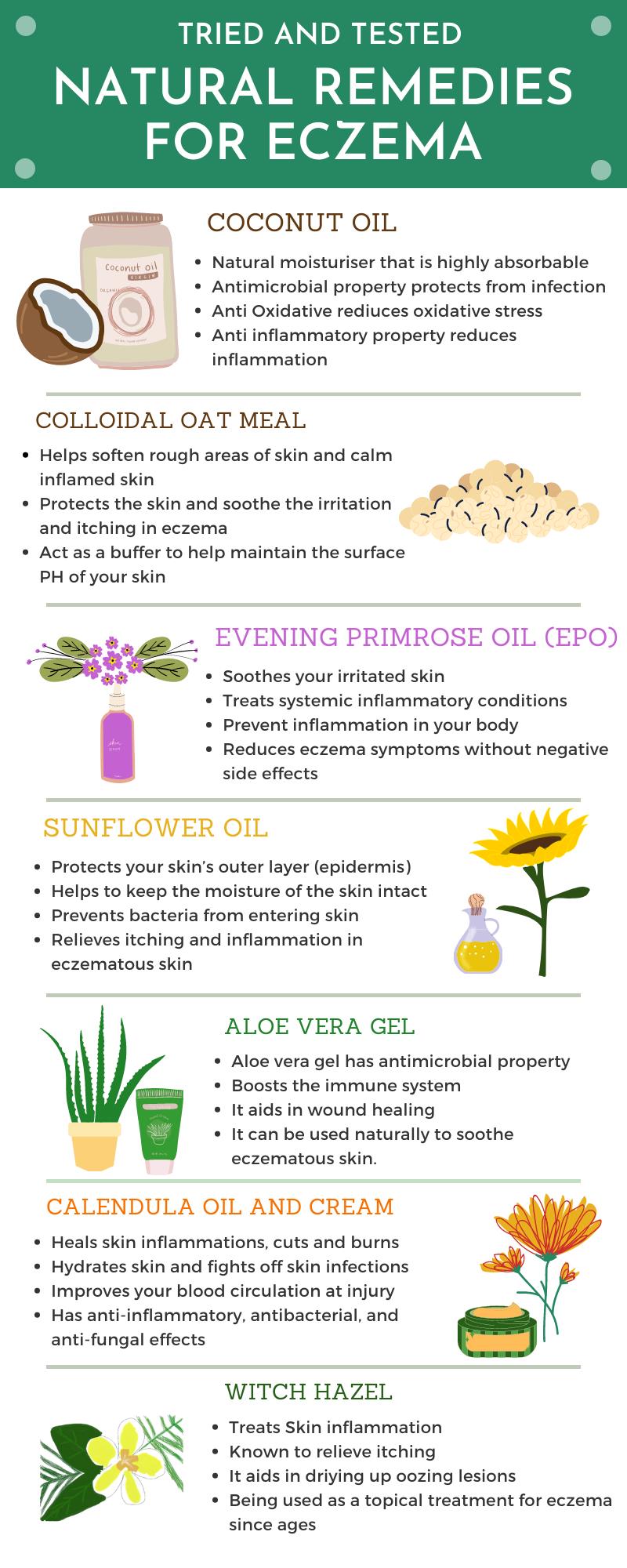
The skin condition eczema is caused by a weak barrier that allows moisture to escape and bacteria to enter. It is often accompanied by itching and redness.
There are a number of natural remedies that can help alleviate the discomfort of eczema. Some of these are simple and others involve applying certain herbs.
Sunflower [TAG50] Oil
When you’re looking for a natural way to alleviate the discomfort of eczema, sunflower seed oil is an excellent choice. This golden-yellow oil is packed with fatty acids and antioxidants that help keep your skin healthy.
When used topically, sunflower oil helps to support the skin’s natural barrier and reduce itching. It’s also high in vitamin E, which helps to protect your skin from oxidative stress.
Sunflower oil contains a healthy amount of polyunsaturated fats, including linoleic acid and oleic acid. These healthy fats can help lower your risk of heart disease, weight gain and inflammation.
Acupressure Point
Acupressure uses pressure points — or energy centers — on your body to restore energy flow. It can help relieve a variety of symptoms, including itchiness associated with eczema.
It can also reduce stress and other behavioral factors that may trigger eczema flare-ups.
You can use acupressure by yourself or have a massage therapist or acupuncturist apply it to you. Acupressure is often used on the back of your hand or between your thumb and index finger.
Colloidal Oatmeal
It's an excellent skin-care ingredient that helps soothe and calm red, itchy skin. But be careful when using it: If you have a history of oat allergy or gluten sensitivity, you should avoid it or talk to your dermatologist about other options.
Colloidal oatmeal is a water-binding agent that creates a protective film over the skin, which prevents transepidermal water loss (TEWL). It also soothes irritation by calming redness and inflammation.
Vaseline
While eczema can cause discomfort and itching, there are ways to alleviate the pain. Some of these remedies include avoiding inflammatory foods and reducing stress.
Moisturize your skin frequently with an eczema-friendly moisturizer. This will help prevent dry patches and keep your skin healthy.
Vaseline is a thick, occlusive moisturizer that can be used for dry, cracked or chapped skin. It’s triple-purified to remove impurities and is hypoallergenic and non-irritating.
Honey
If you have eczema, the discomfort can be unbearable. The good news is there are a variety of natural remedies you can try to alleviate the itching and inflammation.
One of the best ways to alleviate the discomfort is to make changes in your lifestyle. A healthier diet, drinking immune strengthening teas and lots of water will go a long way to improve your skin health.
You can also try reducing your stress. It’s been shown that stress can exacerbate itching and inflammation in people with eczema.
Coconut Oil
Many people with eczema are looking to natural remedies for reducing their symptoms. They have found that coconut oil has the potential to reduce itch and discomfort associated with this condition.
The antimicrobial properties of coconut oil can also help lower the presence of bacteria, viruses, and fungi. This is important since eczematous skin can be more prone to infection.
It’s best to use virgin or cold-pressed coconut oil for its effectiveness and minimal exposure to chemicals. Apply a small amount to your affected area and then rub it in until absorbed.
Sunflower Seeds
Sunflower Seeds are rich in antioxidants, fatty acids and minerals that help improve skin health. Vitamin E and selenium in particular help protect the skin's barrier against itching and inflammation.
Apply a tablespoon of sunflower oil to the affected area twice daily (ideally after bathing while your skin is still damp). It also stimulates our bodies' natural production of ceramides, which helps restore the skin's barrier and reduce itching.
Itchy skin is a common symptom of eczema, so try to resist the urge to scratch it. Scratching causes your skin to thicken and it can increase the severity of your eczema symptoms.
Frequently Asked Questions
What herbs should you take daily?
Depending on your health and wellness needs, many herbs can be taken daily to help improve your overall health.
Popular herbs for daily consumption include ashwagandha, turmeric, ginger, holy basil, chamomile, lavender, peppermint, and cayenne pepper. Ashwagandha is an adaptogenic herb that can help the body resist stress and anxiety. Turmeric is known for its anti-inflammatory properties, while ginger has been shown to aid digestion and boost immunity. Holy basil may help with managing blood sugar levels, as well as providing a calming effect. Chamomile can promote relaxation, while lavender is used in aromatherapy for its calming properties. Peppermint can help aid digestion and reduce nausea, while cayenne pepper has antibacterial properties that may boost your immunity.
As always, you must consult your doctor before taking herbs daily to ensure they are safe for you and do not interact with any other medications or herbs you may be taking.
There is no shortage of information on what foods we should eat and how much exercise we should do. But when it comes to what supplements we should take, there is a dearth of knowledge.
This is because most of us aren’t sure which ones work or which are junk. So we go online and look up whatever we can find.
But often, these articles are written by companies trying to promote their products. Which means they're usually biased toward their product.
So instead of finding unbiased advice, we end up reading marketing hype.
This makes sense since marketers make more money selling stuff than doctors.
The medical industry isn’t even allowed to advertise directly to consumers anymore. The best way to learn about natural remedies is to read independent reviews.
This is where you'll find real users sharing their experiences with each supplement. These sites give you an honest opinion of whether or not a particular herb helps.
Users will often share their experience with a supplement after taking it. This gives you a good idea of its effectiveness and any side effects.
You can also check out forums dedicated to herbalism. Here you can ask questions and receive answers based on personal experience.
Of course, there are plenty of other ways to learn about herbs.
There are books, websites, blogs, videos, podcasts, and classes. All of them provide valuable information about natural remedies.
What is the mother of all herbs?
The answer may surprise you!
It is a common garden herb known as rosemary (Rosmarinus officinalis). Rosemary has long been associated with fertility, longevity, and protection from illness. In some cultures, it was believed that the fragrance of rosemary could ward off evil spirits.
As such, it has been used for centuries in various medicinal, culinary, and spiritual applications. Rosemary has a unique flavor that pairs well with many dishes, making it a popular choice in the kitchen. Its fragrant leaves also add flavor to sauces, herbs, and meats.
Rosemary is a powerful medicinal herb used throughout the centuries to treat various ailments. Rosemary essential oil can treat respiratory tract infections, digestion problems, skin irritation, and inflammation. Its anti-inflammatory properties make it helpful in treating headaches and muscle pain as well. In addition, the oil has been used to improve cognitive function and memory recall. Rosemary can also be taken as a supplement, tea, or tincture for its many benefits.
It's no wonder rosemary is known as the mother of herbs! It truly is a versatile and valued herb.
What is the difference between basil and oregano?
Both of these herbs belong to the Lamiaceae family. They share similar flavors, but the differences are obvious.
Oregano is more pungent than basil. It also adds an extra layer of flavor to foods.
Basil leaves are smaller than oregano leaves. They are also softer and less aromatic.
The two herbs are often used interchangeably. Although they are quite similar, each has its distinctive qualities.
Is it safe to eat raw garlic?
Raw garlic contains potent compounds that could cause stomach upset. Garlic should always be cooked before eating.
Garlic is one of the oldest known medicinal plants. It has been used since ancient times to treat various ailments.
Today, garlic is still commonly used for treating colds, coughs, and other respiratory infections. In addition, garlic can increase blood circulation, boost immunity, protect against cancer, lower cholesterol levels, prevent heart disease, and reduce stress.
Do not ingest large amounts of raw garlic to avoid possible health problems. It does not harm you if you consume small amounts regularly, however. This is especially true with young children who might accidentally swallow some.
Why do some love coriander and others don't?
Some people hate coriander, while others love it. But why?
Coriander is an herb that grows in warm climates throughout the world. It is native to both North America and Europe.
The leaves of the plant are used in cooking and can also be found in condiments such as salad dressings and dips. When added to food, coriander provides a spicy flavor.
Many people love its taste because it adds a fresh flavor to dishes without overpowering them. Others dislike the smell and taste of coriander because they find it too strong.
But there is more to coriander than meets the eye. There are two types of coriander – sweet and hot. Sweet coriander is milder and sweeter tasting compared to hot coriander.
Sweet coriander is usually grown for its seeds, often called cilantro. This type of coriander is easy to grow and is very low maintenance.
Hot coriander is most commonly used in Indian cuisine. Hot coriander gives a rich flavor to curries and sauces, making it popular among Indians.
Some people say that hot coriander tastes better than sweet coriander. However, the opposite is true for those who prefer sweet coriander.
There are many reasons why people enjoy different varieties of coriander. For example, one person may love the taste of coriander, while another enjoys the aroma.
Whether you like sweet or hot coriander, you might be surprised to learn that you can buy both types of coriander online.
Statistics
- Herbs are among the most popular and widely used medicinal remedies. According to a survey conducted by the National Institutes of Health, herbs were used by over 38% of adults in the United States.
- The global herbs market is expected to reach more than $125 billion by the end of 2025.
External Links
[TAG51]
- Ashwagandha | Memorial Sloan Kettering Cancer Center
- Grape Seed | Memorial Sloan Kettering Cancer Center
[TAG54]
[TAG56]
[TAG59]
How To
How To Upcycle Herbs After Making Infusions, Oils, Tinctures, And More?
There are more ways to use herbs than you might realize. This is why it's essential to keep an open mind when learning how to make herbal infusions, oils, tinctures, and more.
You'll find that there are many methods for making these products, and even though they may seem similar, each method has its benefits.
For example, some methods include creating decoctions, boiling water or alcohol with the herb(s), and letting them simmer for a while. These infusions are solid and potent because they contain higher concentrations of active compounds.
Another type of infusion includes macerating the herb(s), which means soaking them in liquid for a few hours or even overnight. Macerations tend to produce milder results because the plant material isn't boiled.
Some cold-infused forms involve steeping herbs in cool liquids such as ice cubes or cold water. Cold infusions are gentler than hot ones, often used to treat minor ailments.
Herbal oil extraction involves heating the herb(s) to release the essential oils. You can either do this yourself or have someone help you out with it.
Finally, there are tinctures made by mixing herbs with alcohol. They're usually taken orally and are very effective for treating coughs, colds, and flu symptoms.
The best way to learn how to create infused products is to experiment with various techniques. Each technique offers a different potency and effectiveness, depending on the herb(s) you choose.
Once you've tried a few different methods, you'll begin to develop your preferences. In time, you'll be able to determine which techniques work well for you and which aren't worth pursuing.
Resources:
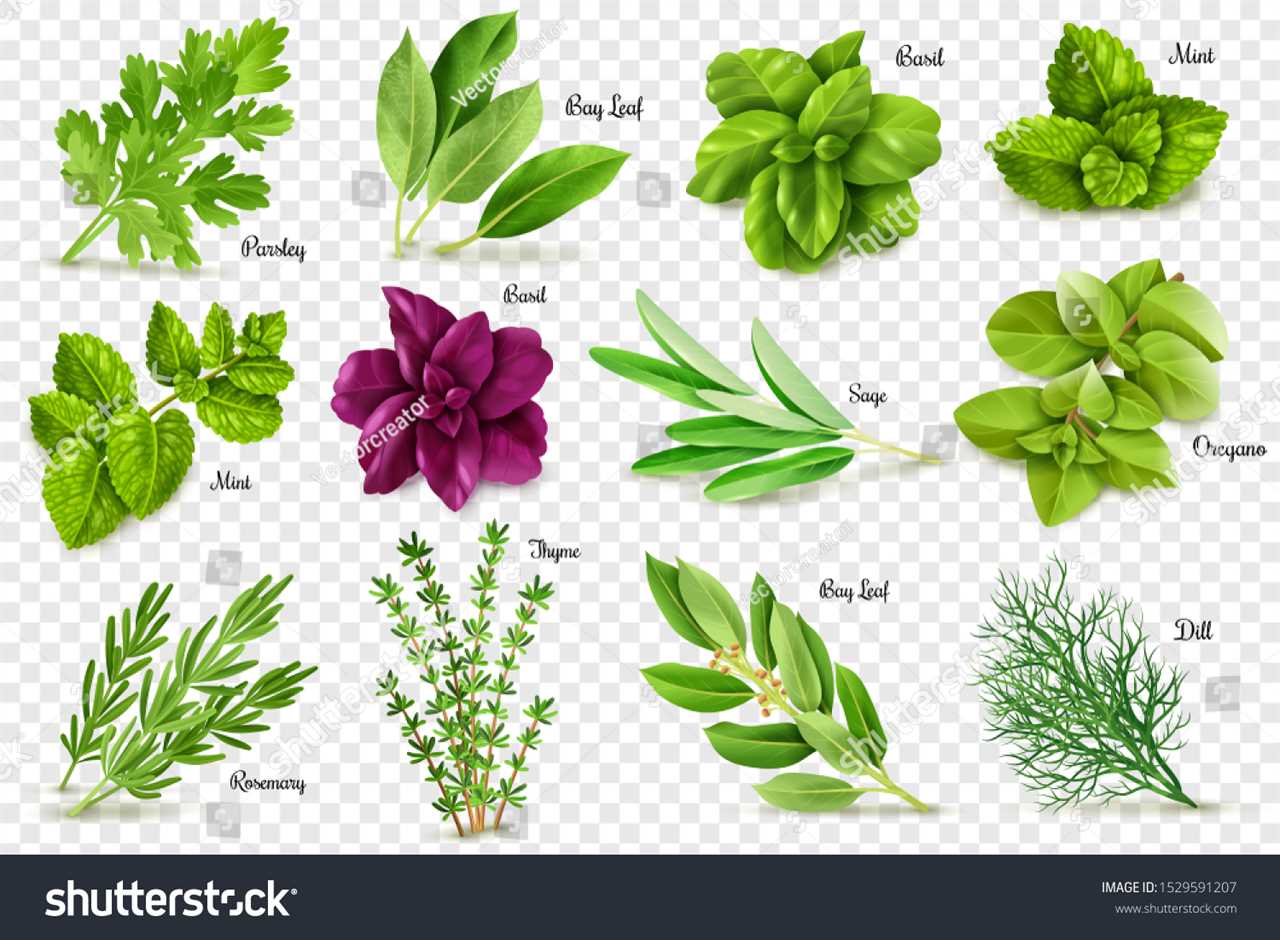 |
[TAG61]herbalism #apothecary #homesteading This time of year is the season of giving... Germs included! Join me as I blend a strong tincture with the intentions to |
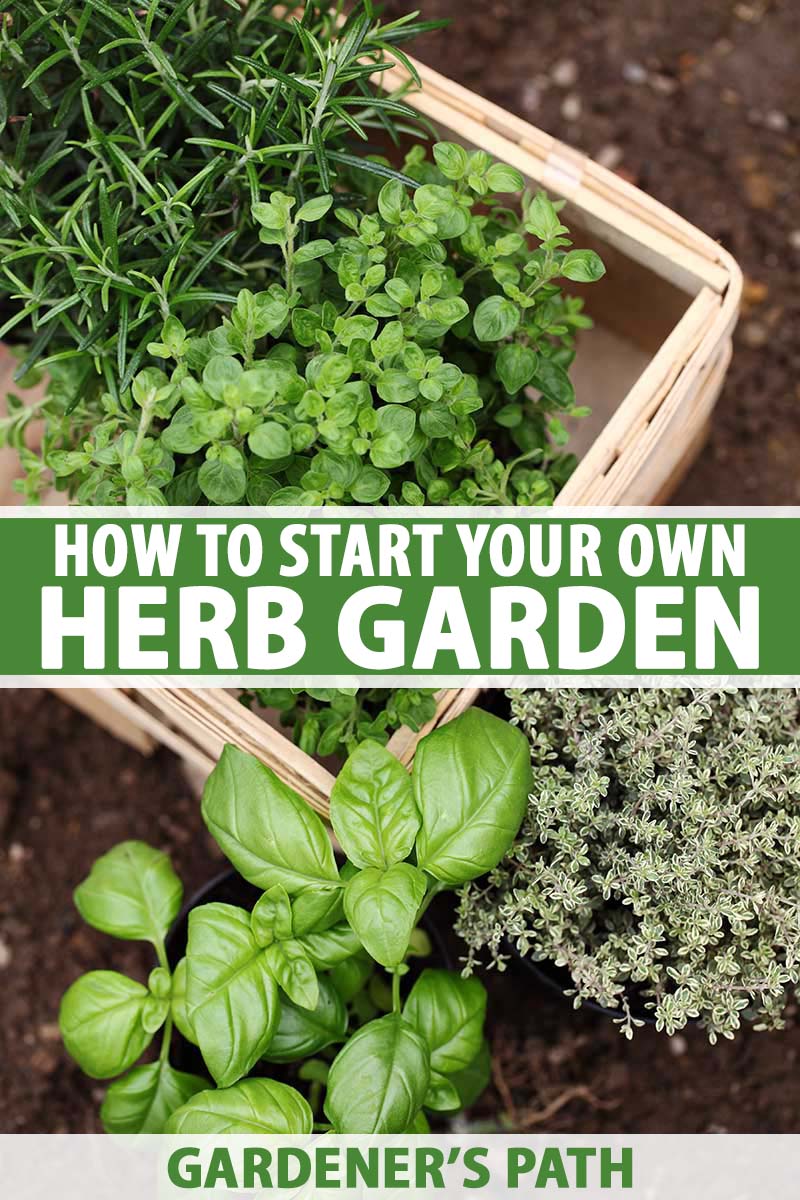 |
[TAG62]Today on the podcast I have the pleasure of talking to Simon Mills, a complementary health pioneer from the inception of the term in 1979, and later in the |
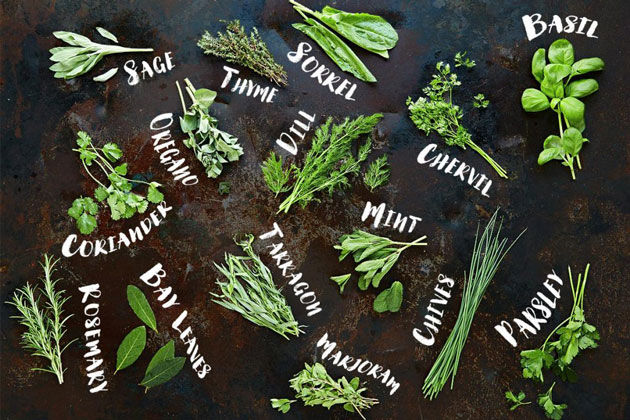 |
[TAG63]Spices are one of the best part of eating. But just like fruits, every spice has a different story to be told. Today we're diving into the geography behind |
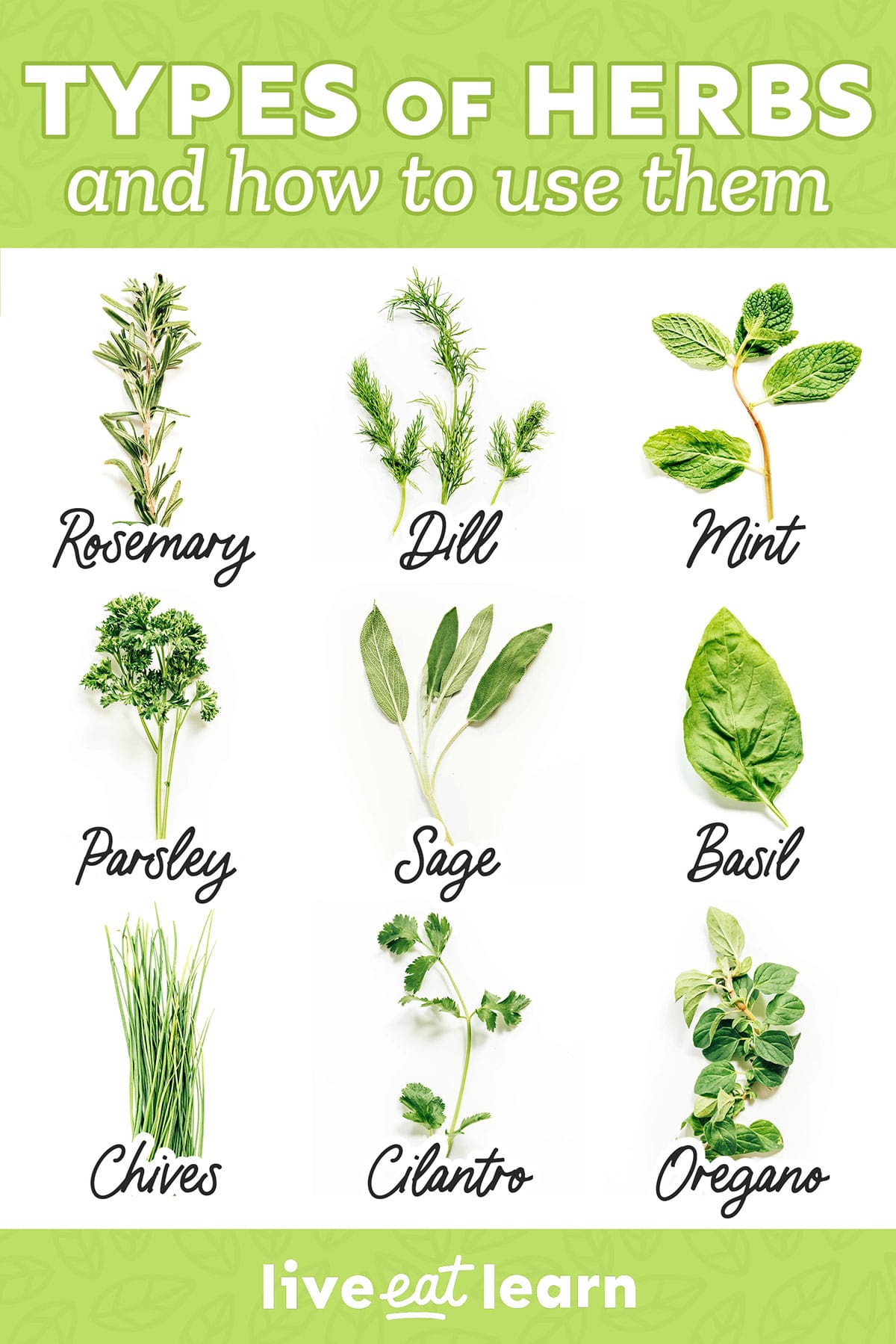 |
[TAG64]I was always curious about the nature bushes and herbs that the earth gave to us humans. I came a particular scripture from the book genesis, which states.. |
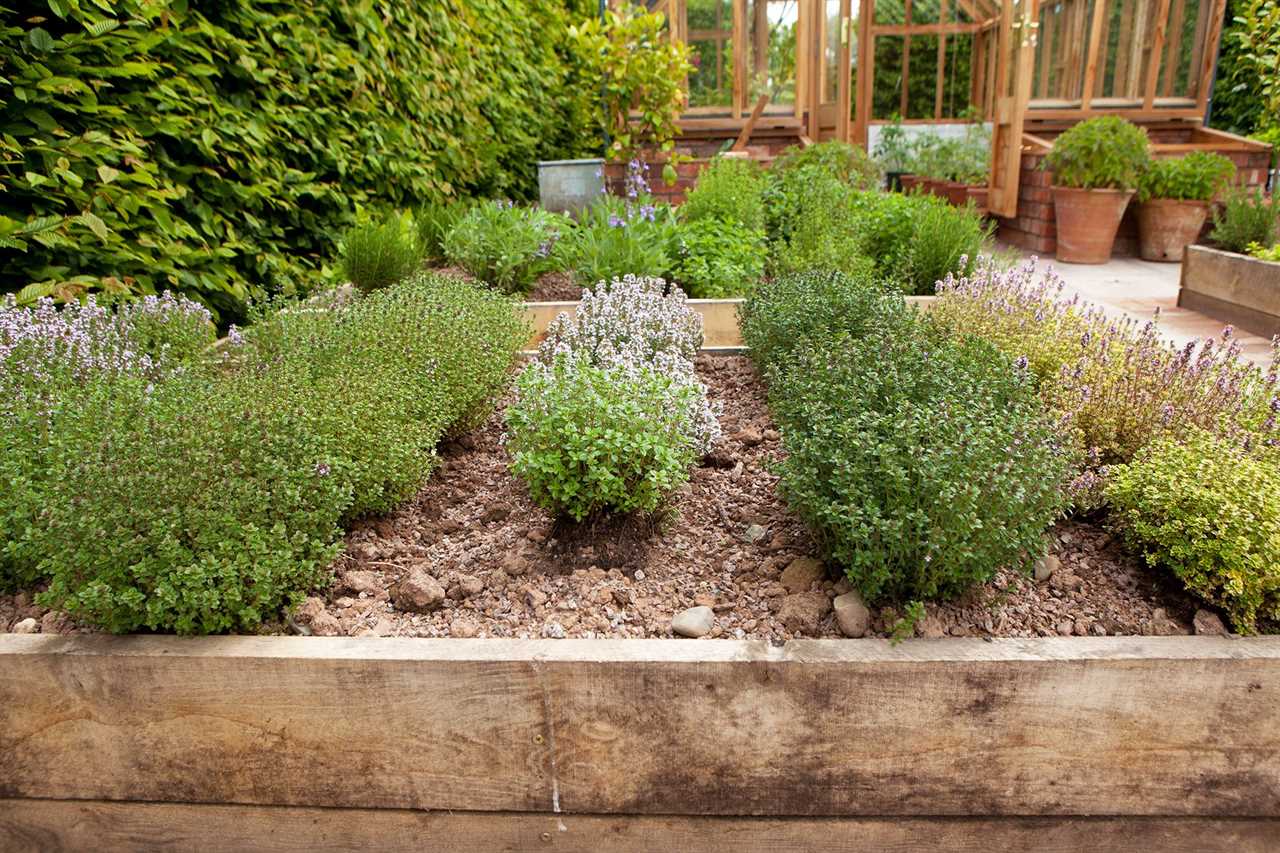 |
[TAG65]For 16 free meals with HelloFresh across 7 boxes AND 3 free gifts, use code THEGREENWITCH16 at https://bit.ly/3QLpjUi In today's video I wanted to share the |
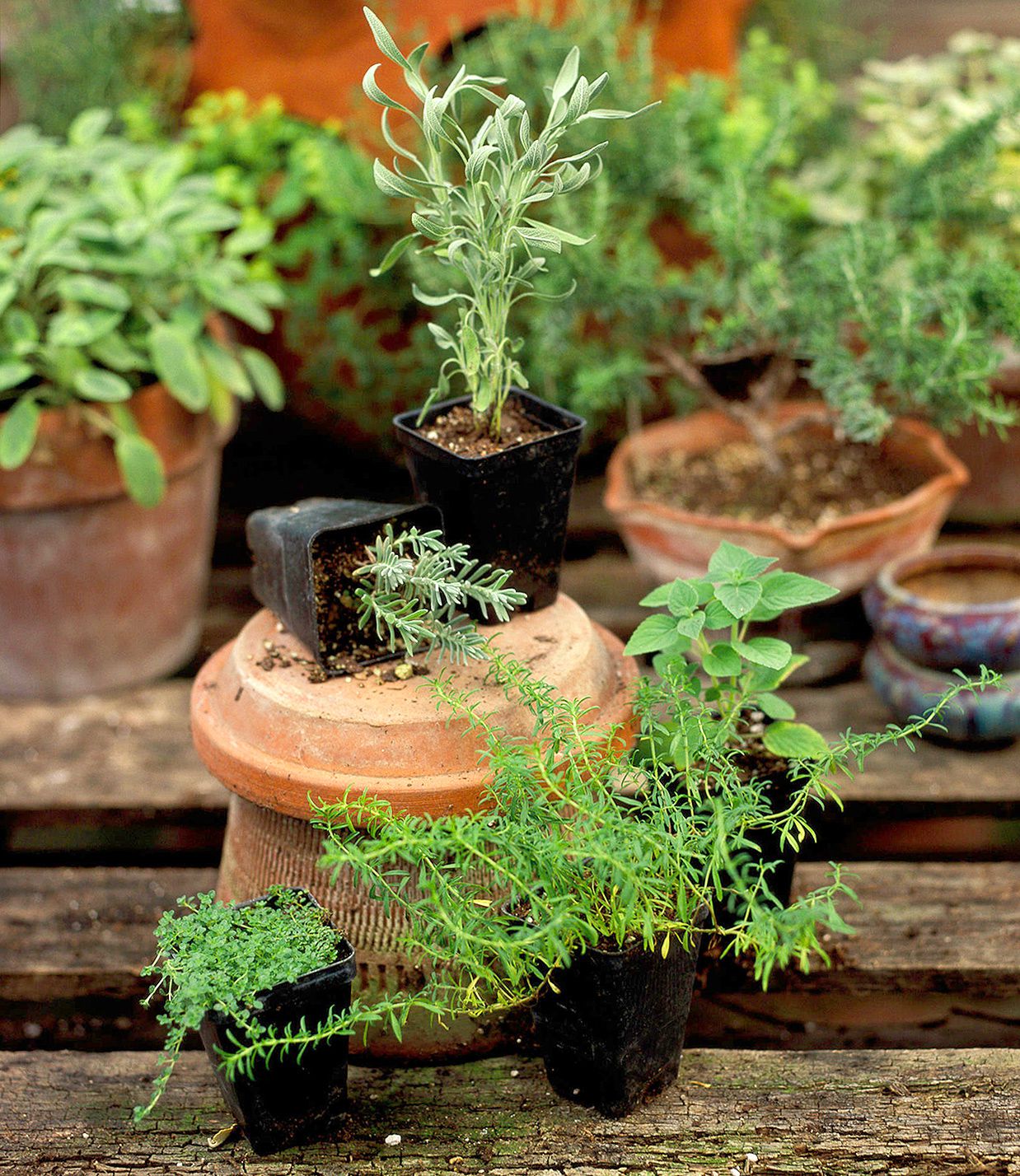 |
[TAG66]If you have a bumper crop of herbs and want to experiment with your own spices, this video will show you a simple way to harvest, prepare, and dehydrate herbs. |
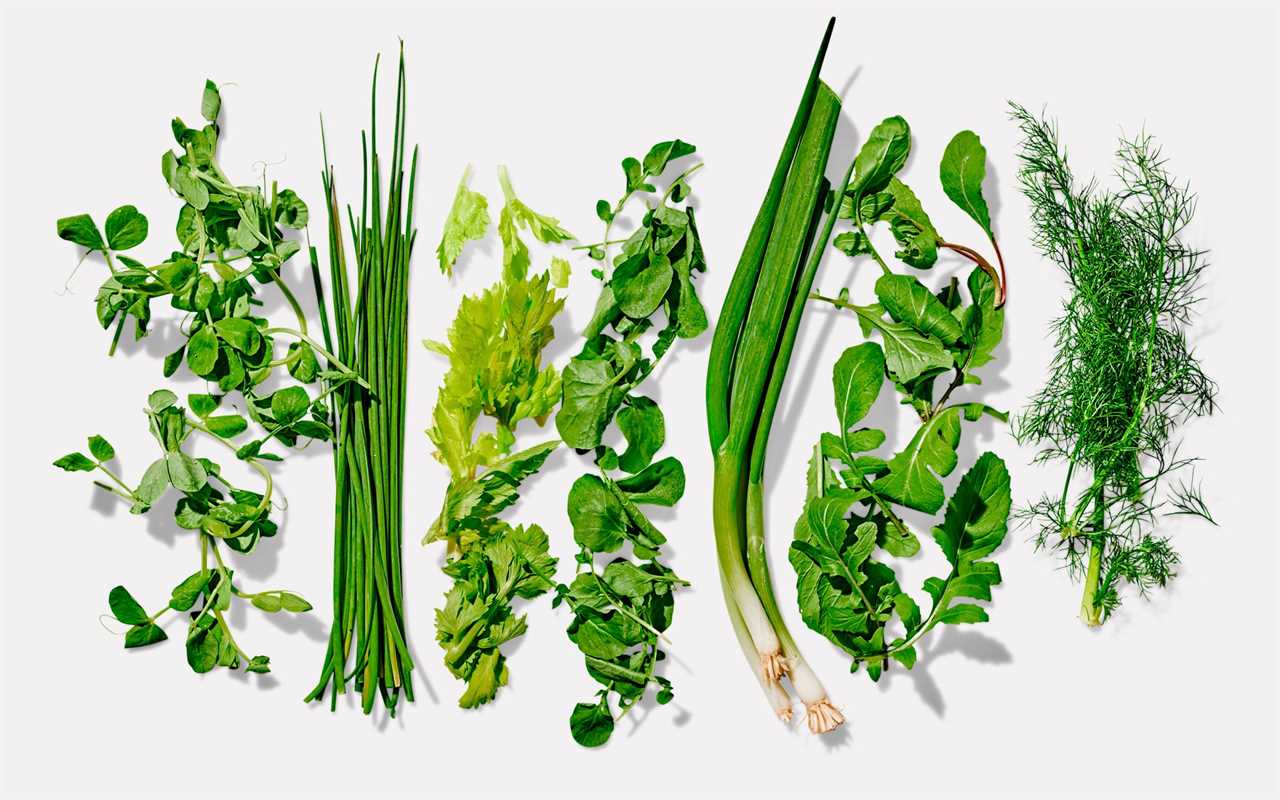 |
[TAG67]In this video, we will be sharing the medicinal uses of Cilantro for treating arthritis & other health issues, some research findings on Cilantro, how you can |
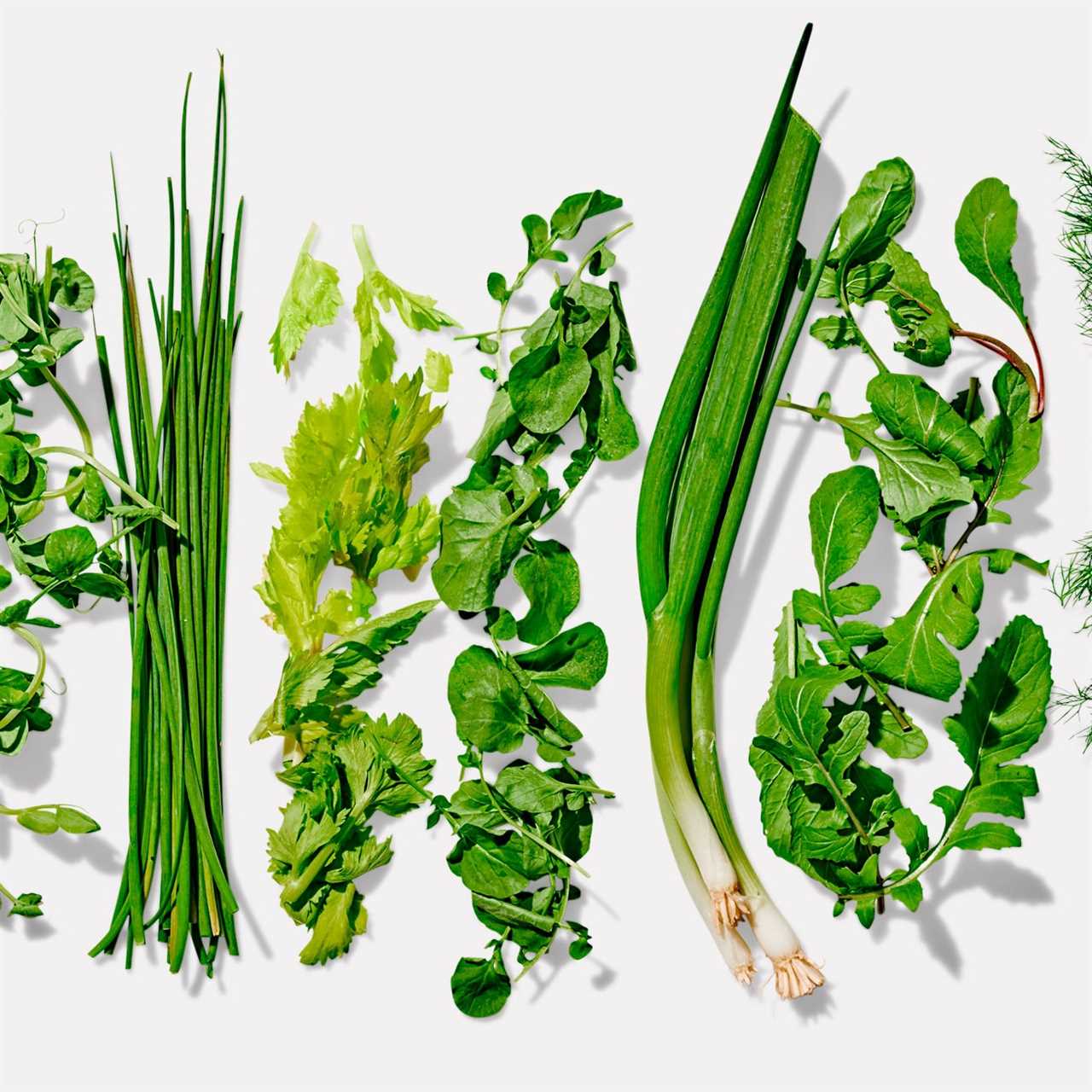 |
[TAG68]Website and Blog: www.ourlittlehouseonthemountain.com Blog Post Herb Gardens for Beginners: https://www.ourlittlehouseonthemountain.com/po […] |
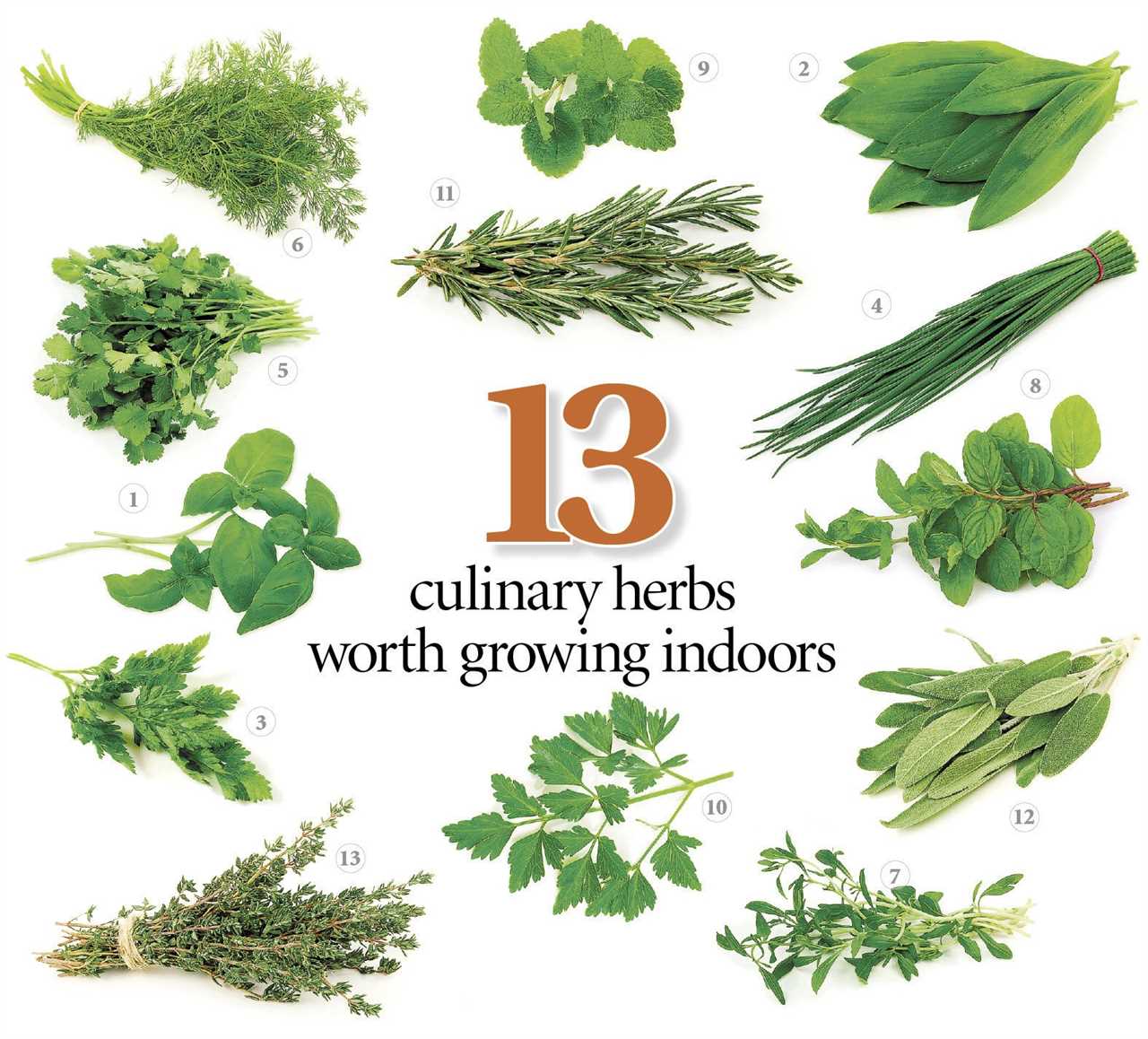 |
[TAG69]Take a quick tour of my upstairs apothecary hutch. Then, we'll go over some basics that you need to get your herbal apothecary started—tools, herbs, which |
 |
[TAG70]What is herbalism? Why is it great to know about medicinal herbs? Where can you learn more about herbal remedies? Let's learn together! Blog Post: |
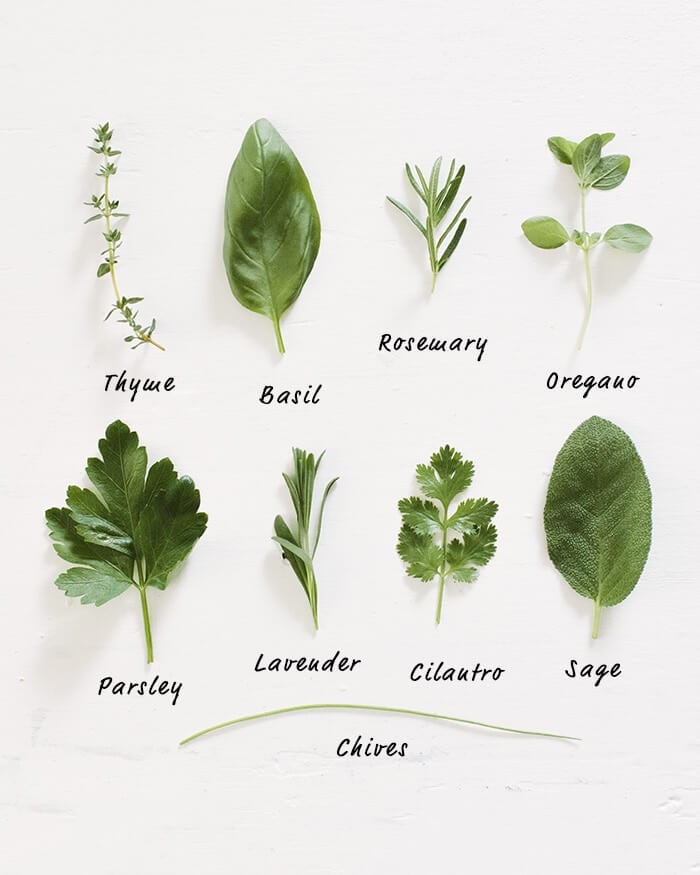 |
[TAG71]The body reacts to dehydration by stimulating the thirst center, a powerful urge to drink fluids. However, if water intake does not match the amount.. |
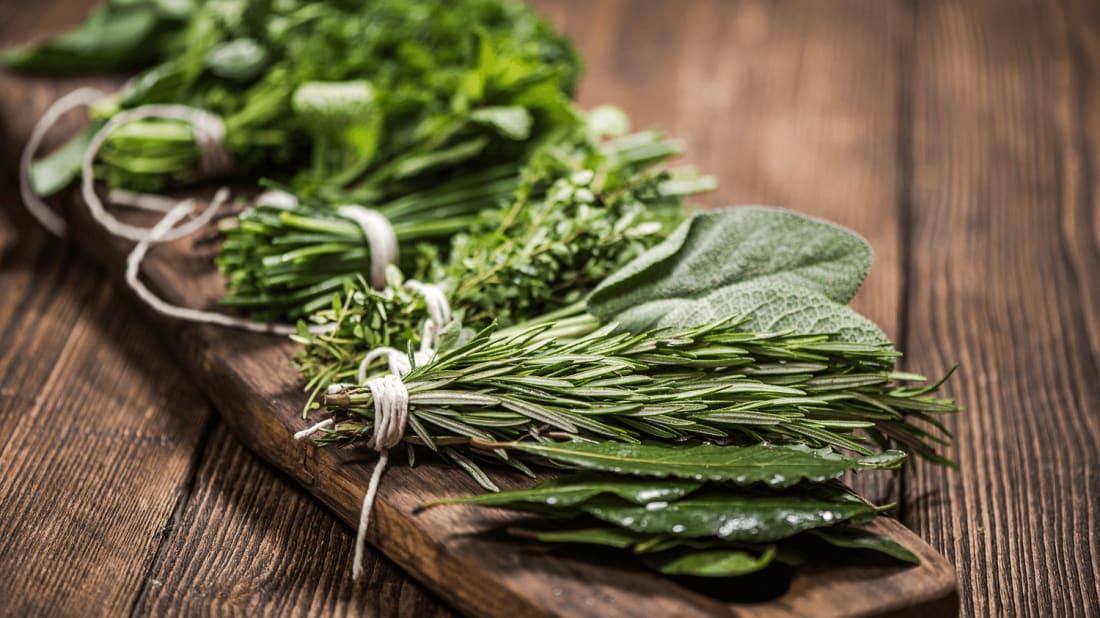 |
[TAG72]Learn herbs from respected professional herbalists offering world-class herbalist training. The NEW Professional Herbalist Course includes courses on over 600 |
 |
[TAG73]Turmeric is one of the best natural remedies available for many ailments, from arthritis to cancer. Its properties are known for its powerful.. |
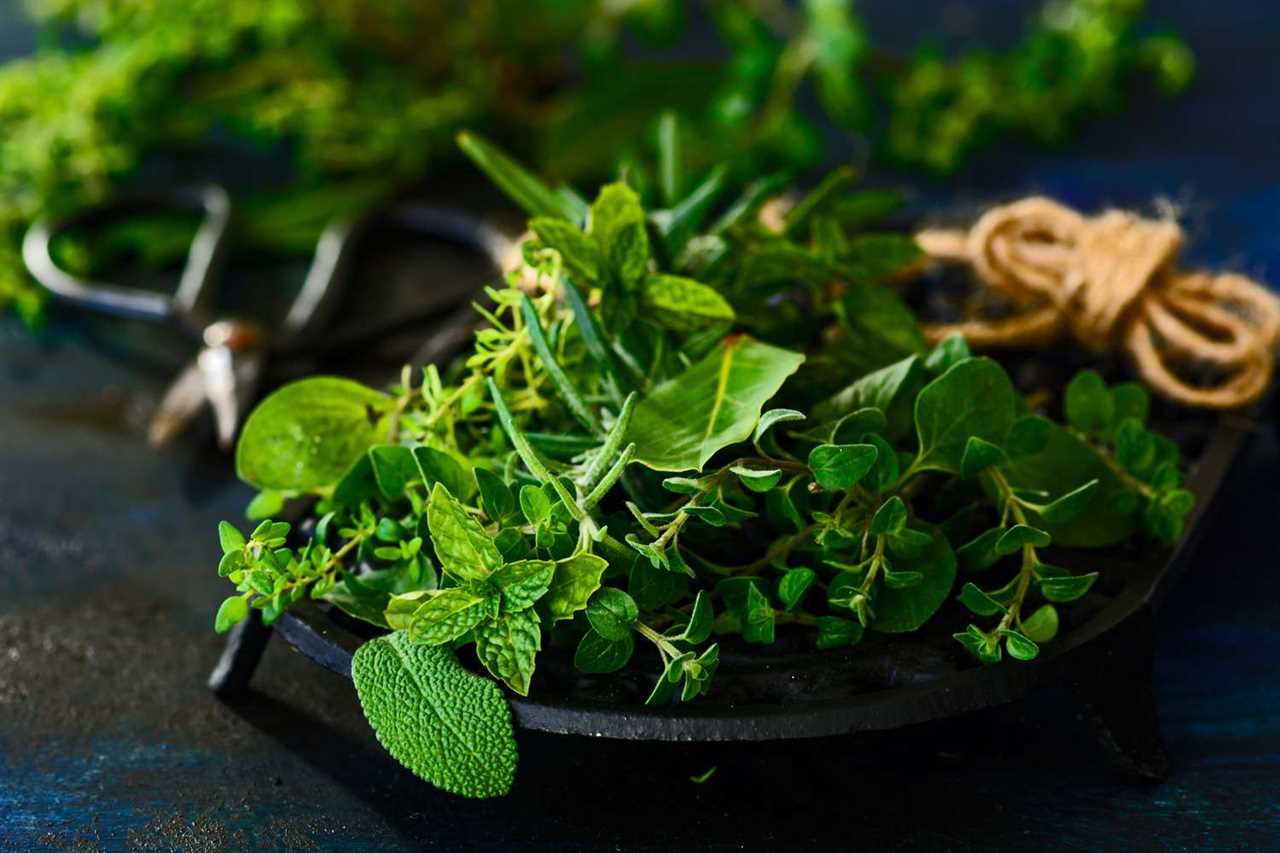 |
[TAG74]Slippery elm is native to eastern North America and has numerous uses, including the treatment of GERD and irritable bowel syndrome. However,.. |
 |
[TAG75]Dill is an annual herb in the celery family Apiaceae. It is the sole species of the genus Anethum and is widely cultivated in Eurasia. The herb is.. |
 |
[TAG76]Licorice is a flowering plant of the bean family, Fabaceae, and it is used as a sweetening agent. The root of Glycyrrhiza glabra is extracted for its |
 |
[TAG77]Whether you're trying to lose weight or simply feel better, green tea is a great way to get the benefits you're looking for. It contains catechins.. |
 |
[TAG78]To properly chop fresh herbs, you should purchase them in a deep green color and smell fresh. You should then wash them well under running water and.. |
 |
[TAG79]If you're looking for a recipe for seasoned baby potatoes, you've come to the right place. Learn how to make seasoned potatoes with herbs and spices, |
 |
[TAG80]Before using Italian parsley, rinse it thoroughly under cool water. This will help remove any dirt or dust that may be attached to the leaves. Wrap.. |
 |
[TAG81]Herbal teas are made from the infusion of plants and other plant materials. They are also known as herbal infusions or tisanes. Although there are.. |
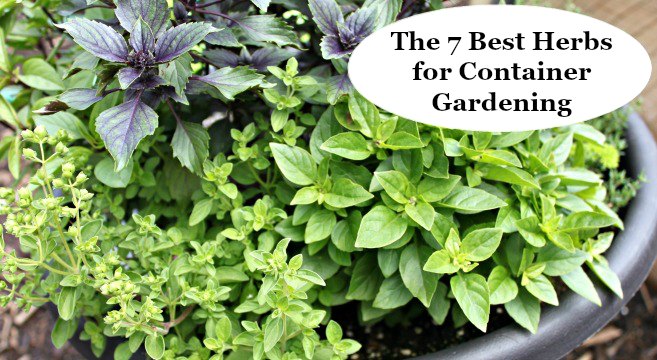 |
[TAG82]There are many things to know when growing herbs in pots. The growing conditions, Containers, Soil amendments and watering are just a few of the.. |
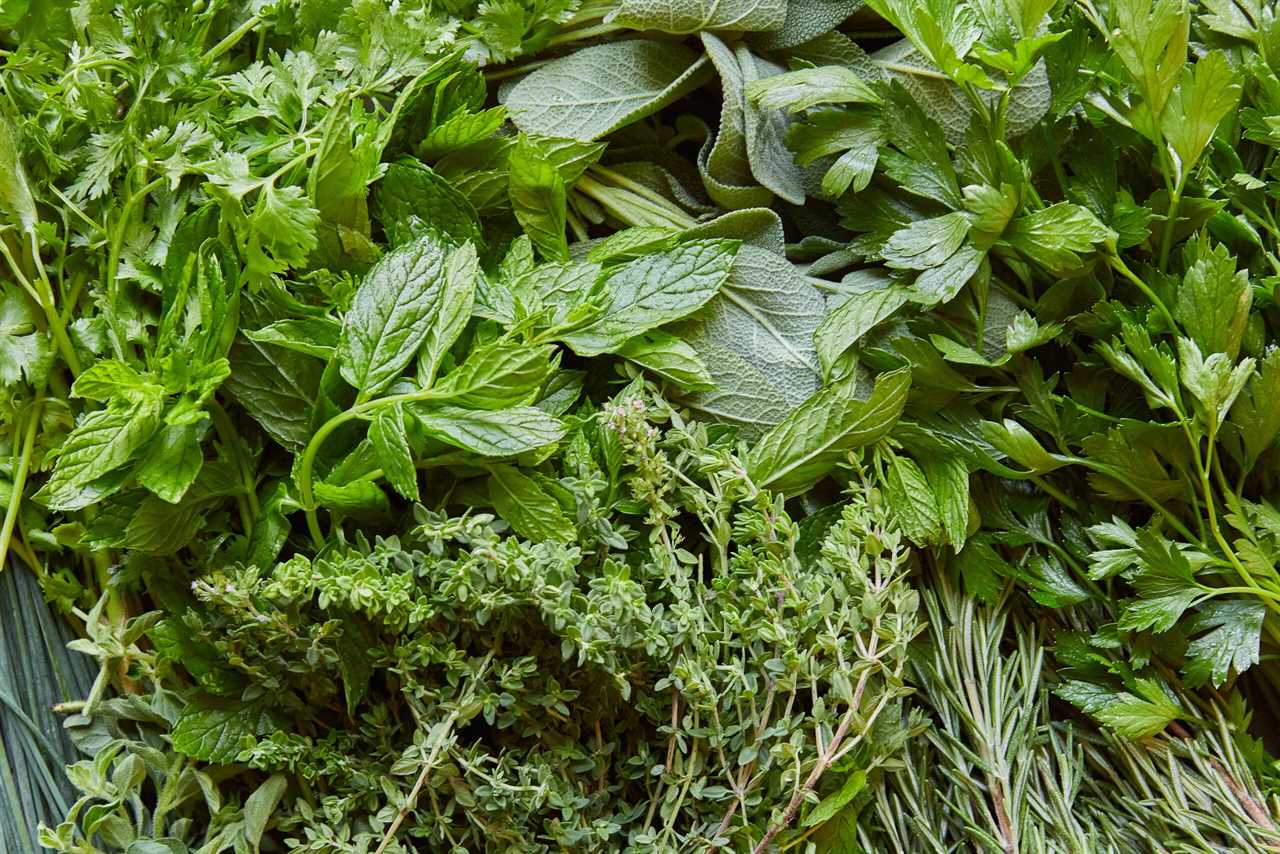 |
[TAG83]If you have ever wanted to have an herb garden, it is important to know that there are several important factors to keep in mind. Herbs require good.. |
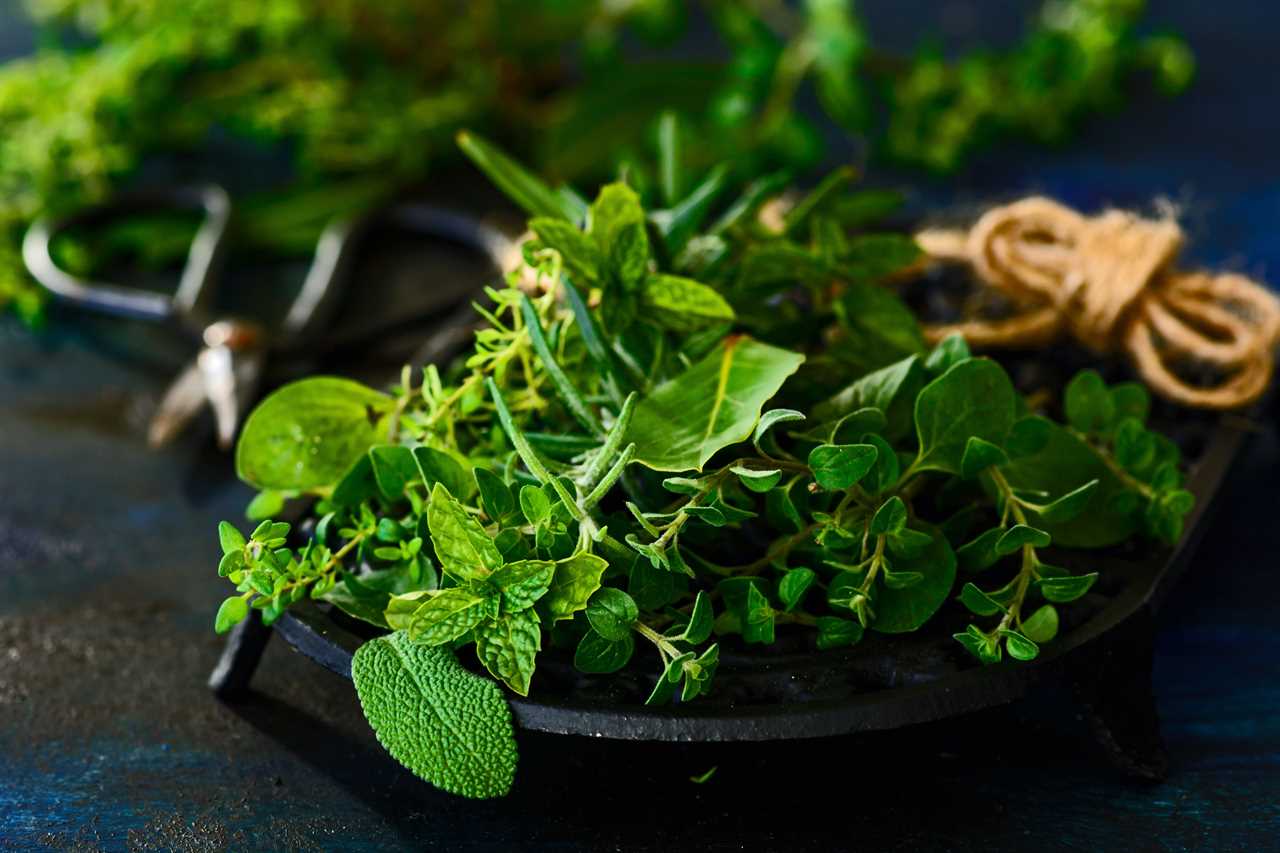 |
[TAG84]Find out more about herbs and how to use them |
 |
[TAG85]There are many advantages to substituting dried herbs for fresh. They are cheaper, more potent, and less dusty. These are the reasons that I prefer.. |
 |
[TAG86]If you want to make a recipe without parsley, try using cilantro, dill, oregano, or sage instead. They are all delicious substitutes for dried.. |
 |
[TAG87]There are several types of herbs that grow in water. These include Cilantro, Thyme, Oregano, and Lavender. Here are some tips to help you grow these.. |
 |
[TAG88]If you're in Zone 4 and are looking for perennial herbs, lemongrass and thyme are great choices. These plants thrive in cooler climates and can be.. |
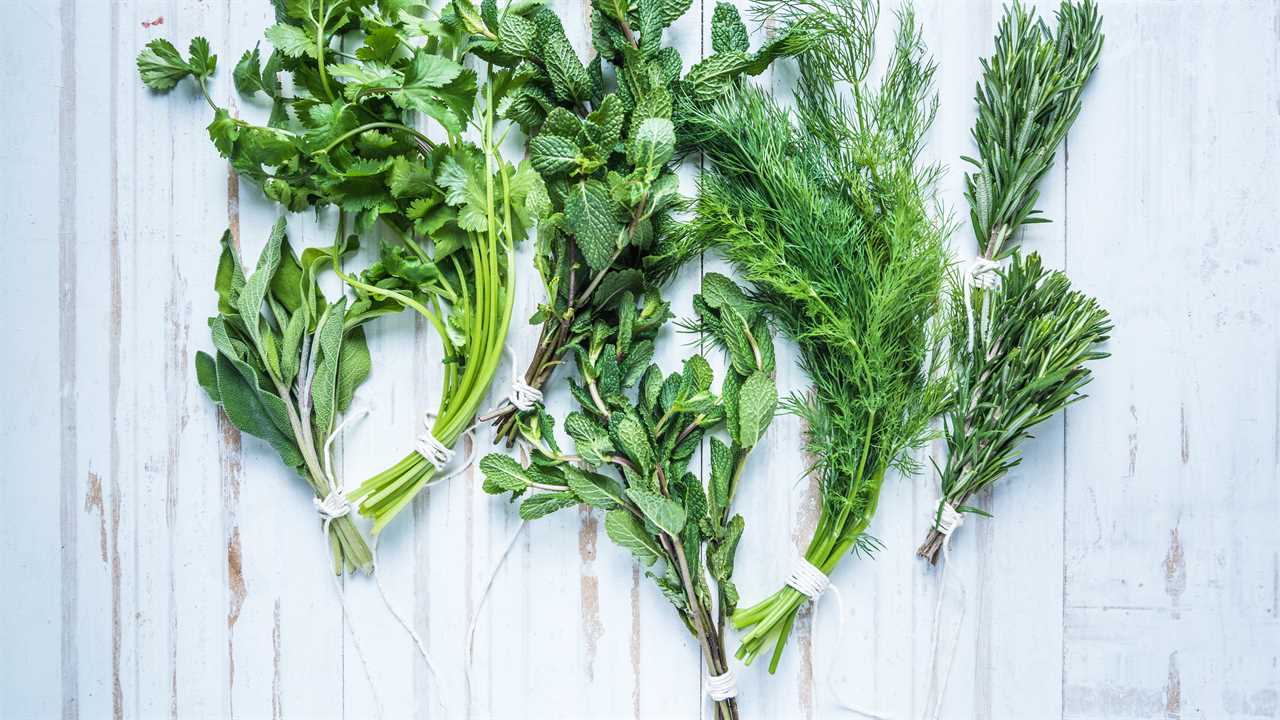 |
[TAG89]A mint plant is a great choice for a water garden or small water feature. They have light lavender flowers, dark green leaves with purplish veining,.. |
 |
[TAG90]The use of medicine from plants has long been an essential part of traditional Chinese medicine. This ancient practice involved a wide range of plant |
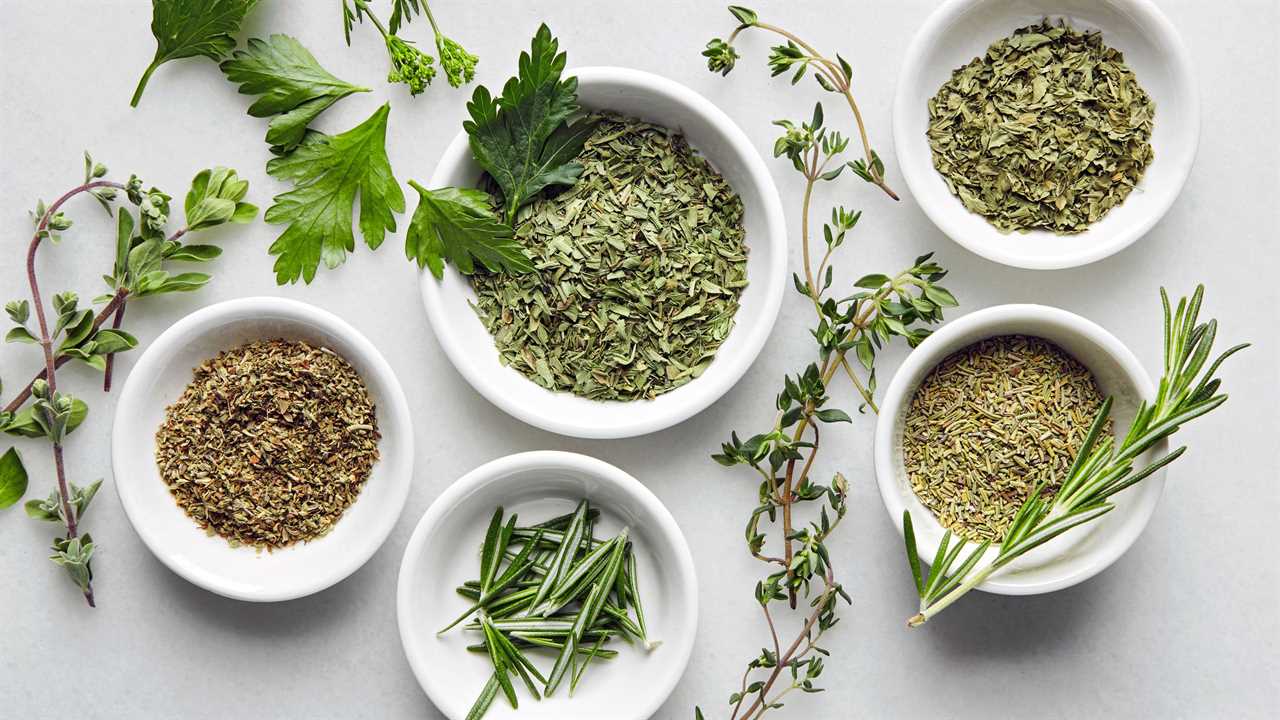 |
[TAG91]Ayurveda is an alternative medicine with historical roots in the Indian subcontinent. While its theory is considered pseudoscientific, it is still.. |
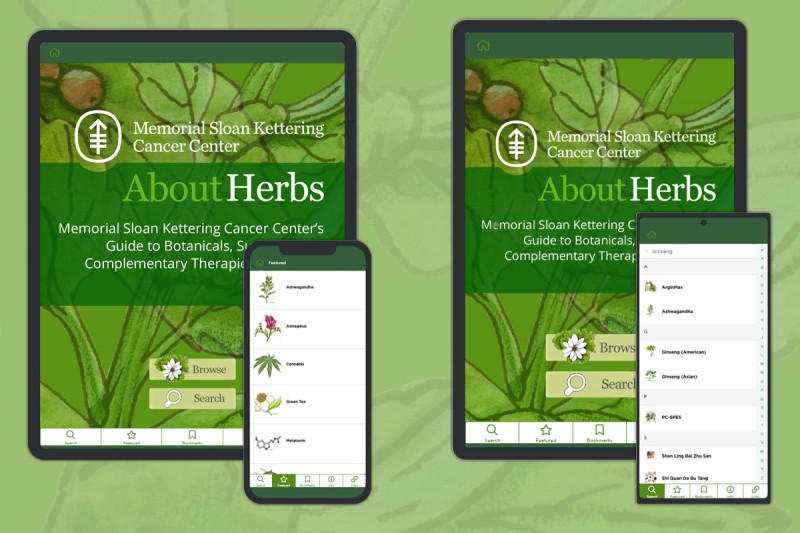 |
[TAG92]Growing herbs indoors has a number of benefits, including increased yield and reduced watering. It can also be beneficial for people who are.. |
 |
[TAG93]Magnesium is an important mineral that plays an essential role in heart, brain, and musculoskeletal health. Since magnesium is required ... Read more |
 |
[TAG94]Citrus bergamot and red yeast rice are two herbs compared to each other due largely to their potential to reduce ... Read more |
 |
[TAG95]Citrus bergamot and bitter orange are both popular herbs with health benefits for metabolism and weight loss. However, they both ... Read more |
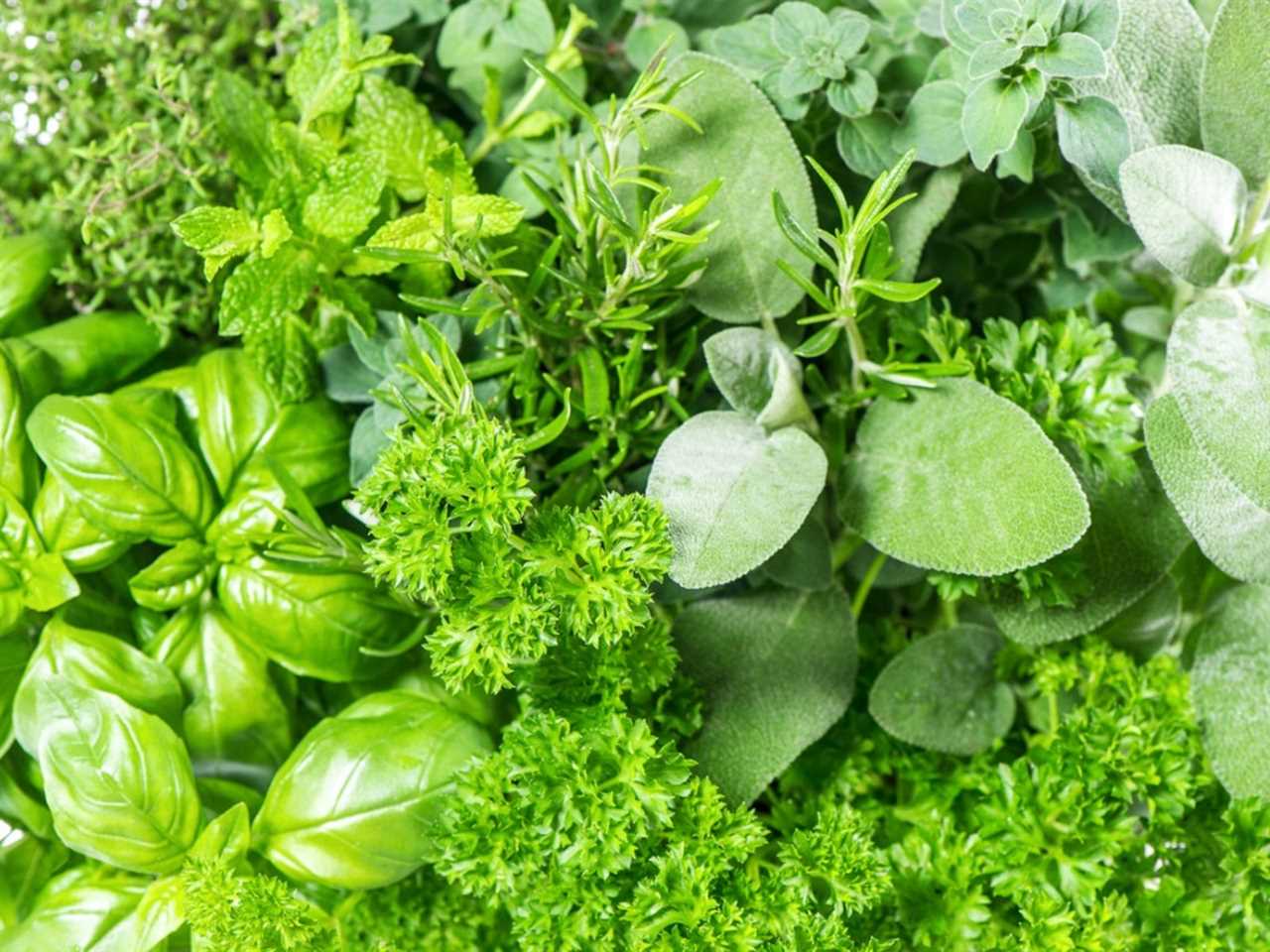 |
[TAG96]Like life, tea is what you make of it and The Cup of Life helps individuals enjoy tea in more than one way. Join me on my tea adventures through my blog! |
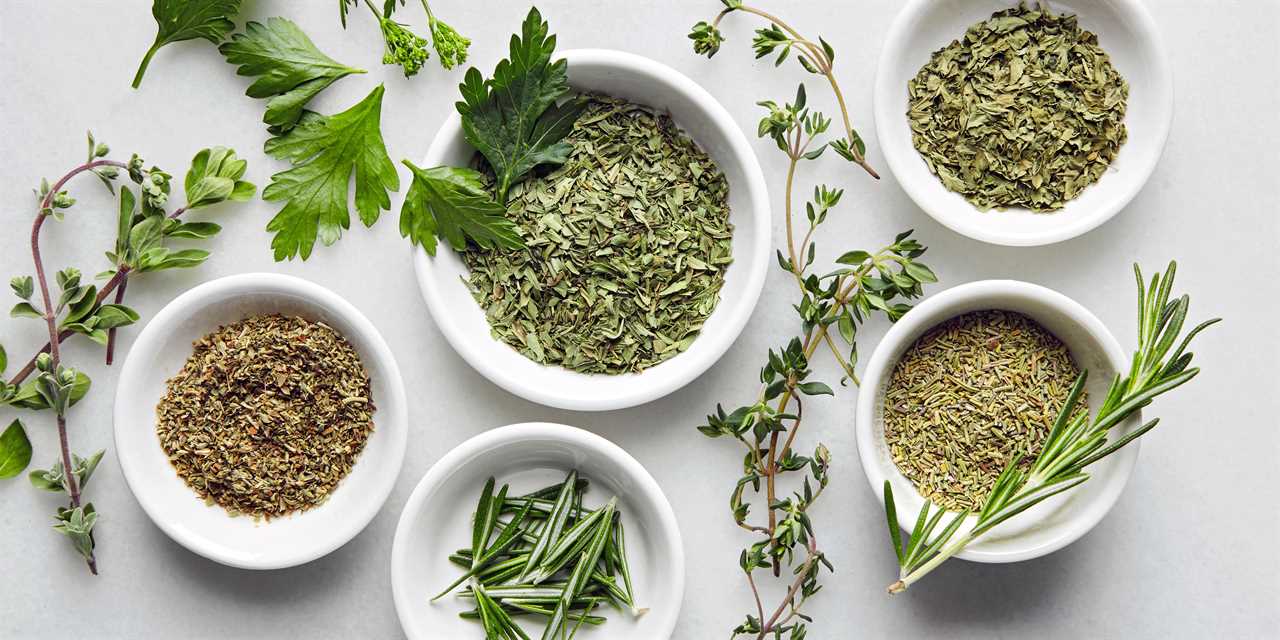 |
[TAG97]Zinc is an important trace element that contributes to immune function, tissue repair, and gene synthesis. Since zinc is involved ... Read more |
 |
[TAG98]Potassium is a mineral that plays a crucial role in maintaining overall health and wellness, especially for muscle and nerve ... Read more |
 |
[TAG99]It’s always exciting to hear about a little-known herb with powerful medicinal action. Join this conversation about ground ivy with Val Alcorn! |
 |
[TAG100]Join me and my friend and herbalist jim mcdonald as we discuss the benefits of calamus root, including clearing away mental cobwebs and enhancing your focus. |
 |
[TAG101]Join me in this episode all about cottonwood and find out why it has been used as medicine and to make a variety of tools for thousansa of years! |
 |
[TAG102]It was an honor and a deep pleasure to have this informative conversation about calamus root benefits with Karyn Sanders. Join us in this new episode! |
 |
[TAG103]Let's sit down and discuss dandelion with herbalist and author, Nancy Phillips |
 |
[TAG104]Elderberry syrup is immune enhancing and protective against colds and flu. It’s one of my favorite natural remedies for avoiding or beating the flu. These flu |
 |
[TAG105]Feeling anxiety and stress lately? Are you feeling frustrated and wish you could just find a way to relax? Do you find that your heart is usually beating |
 |
[TAG106]This tea really works! You can literally feel your sinuses opening up. It’s an immune booster so even if you’re not sick drink this when others around you are |
 |
[TAG107]Bitters are a drink you sip before a meal to aid in healthy digestion. Traditional diets contained bitter foods because of their digestive action. The bitter |
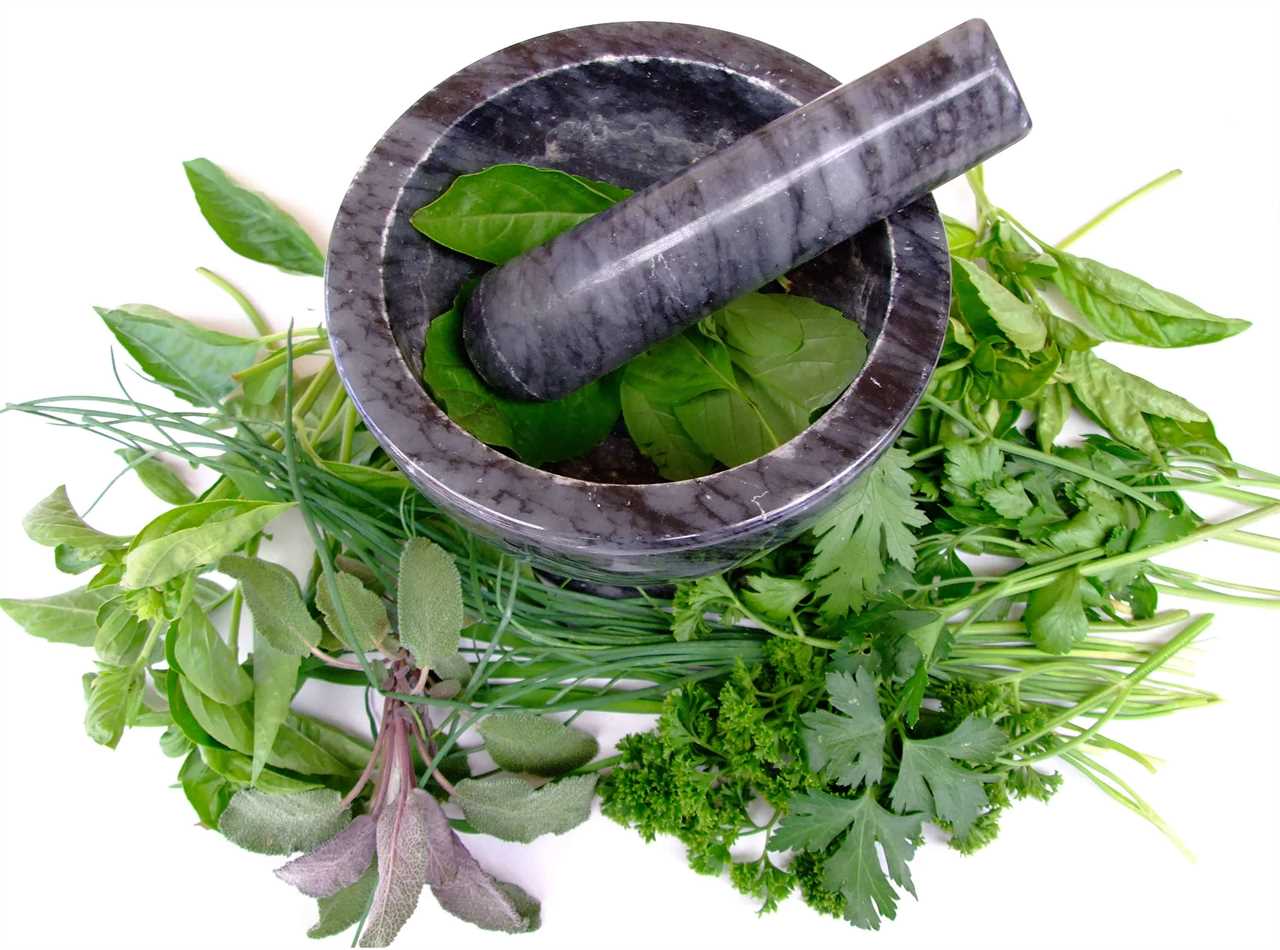 |
[TAG108]A tea assessment platform that rates teas based on objective quality markers and a sensory evaluation resulting in a list of the best teas produced each year. |
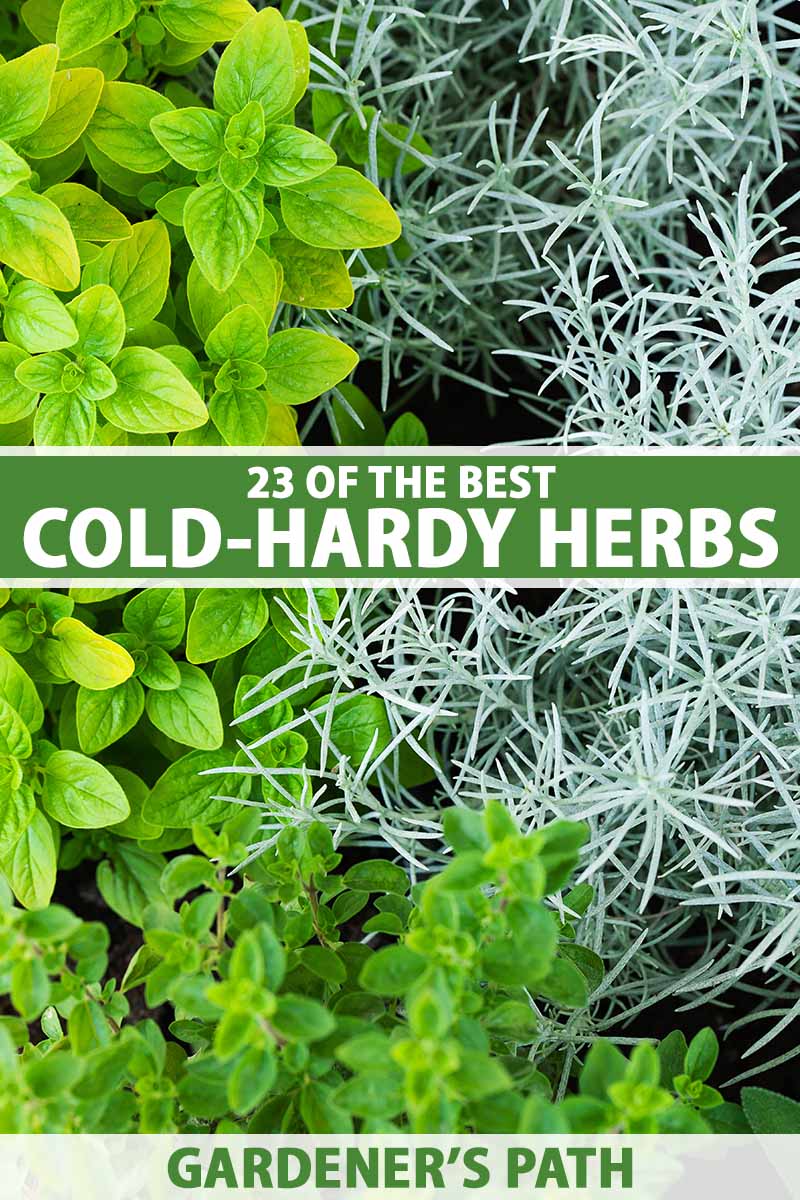 |
[TAG109]Motherwort (Leonurus cardiaca) is found growing in the wild in vacant lots and gardens. It’s easy to spot as motherwort grows to a height of 5 feet and has |
.png)





